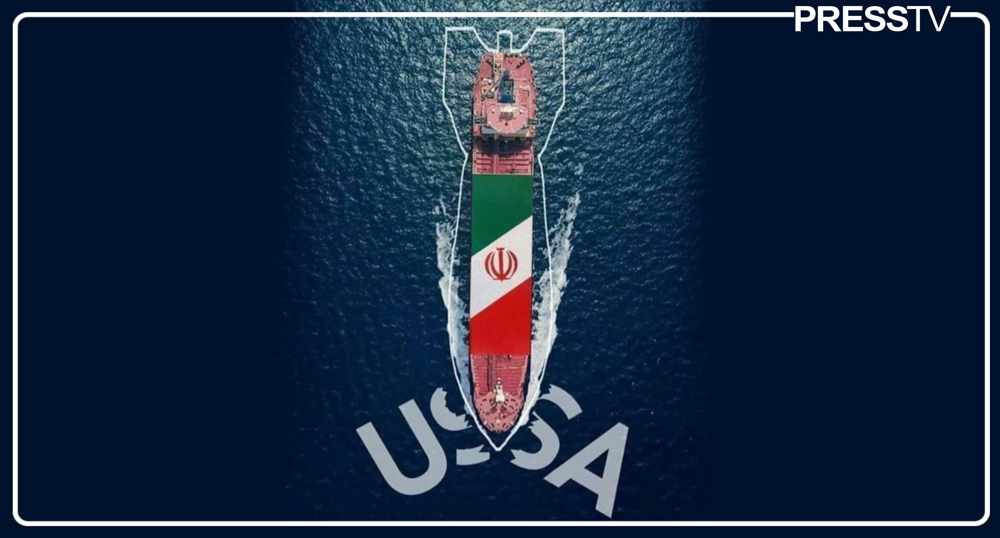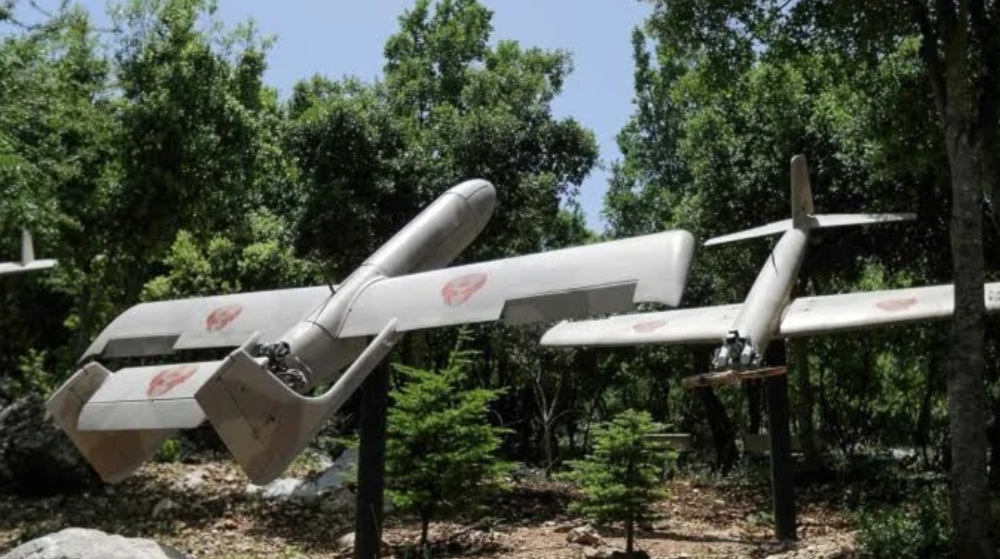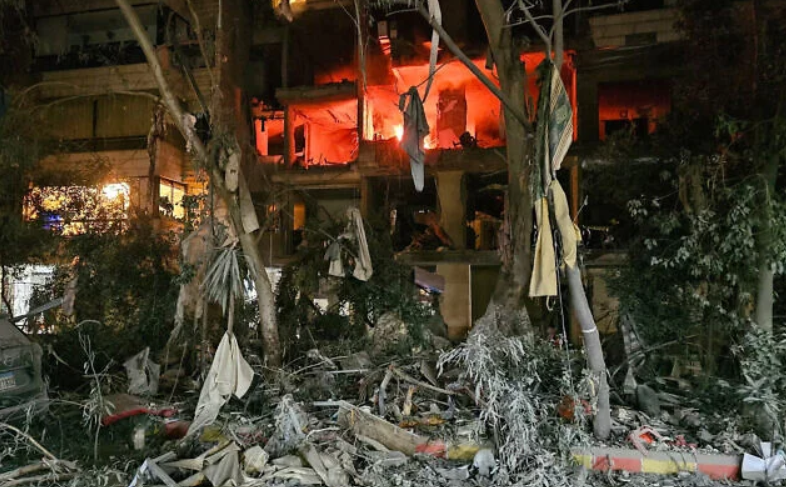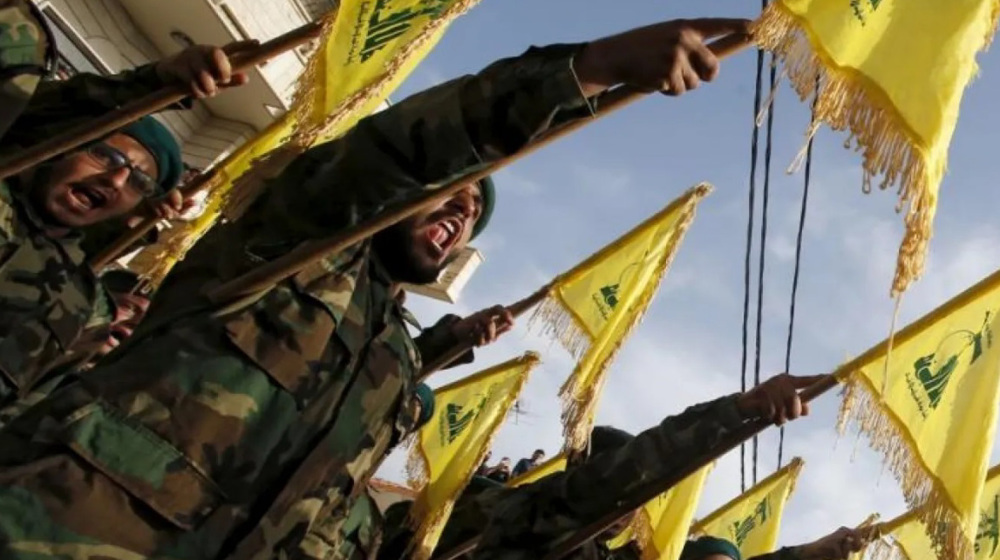Lebanon is under maximum pressure, and the target is Hezbollah: Iran sends its support
By Elijah J Magnier
Magnier is a veteran war correspondent and a Senior Political Risk Analyst with decades of experience covering the West Asian region.
Lebanon is under unprecedented economic and social pressure, paying the price for Hezbollah’s military capability that causes a threat to Israel. The options offered by those (US, EU and Israel) effectively participating in cornering Lebanon – notwithstanding decades of domestic corruption and mismanagement – are limited to two: either disarm Hezbollah or push Lebanon toward a failed state and civil war. However, the “Axis of Resistance” has other options: Iran has responded to the request of Hezbollah Secretary-General Sayyed Hassan Nasrallah by regularly sending to Lebanon food supplies and medicine. It is now sending oil tankers, which are expected to reach the country in the coming weeks via the Syrian port of Tartus. Iran is rushing to support one of its strongest allies in the “Axis of Resistance,” Hezbollah, which is suffering severe domestic pressure, as are the entire Resistance Axis members in their respective countries. Hezbollah’s supporters of all persuasions are affected by the acute socio-economic crisis. But will Hezbollah succeed in overcoming the inevitable result of the current long-term crisis? How serious are the challenges?
In one of his private meetings, Sayyed Nasrallah said: “Israel considered that Hezbollah’s military capability constituted a ‘vexing danger’ at the first years of its existence. The level of danger moved up to ‘challenge’ in 2000 when Israel withdrew from Lebanon, to the ‘serious menace’ level after the 2006 war, and to ‘existential danger’ after the wars in Syria and Iraq.”
In line with what the Secretary-General of Hezbollah believes, it is common knowledge that Israel possesses nuclear weapons. Therefore, no other power in the Middle East can be considered an “existential threat” to Israel. However, according to the Israeli military leadership, Hezbollah possesses accurate missiles carrying hundreds of kilograms of explosives each. Thus, Hezbollah needs only ten missiles – not hundreds – to hit six electric stations and four water desalination plants over the entire geography to render life impossible for a vast number of Israelis. There is no need to count the precision missiles that could hit any oil platform, ship or harbor and destroy any airport control tower in any future war.
Consequently, there will be not many Israelis willing to stay, and it is conceivable to believe that a considerable number of Israelis would leave. This scenario constitutes an existential threat to Israel, indeed. In this case, as the military command says, Israel will never be able to coexist with such an existential threat looming over its head generated from the other side of the Lebanese border. Hezbollah possesses hundreds of precision missiles spread over a wide area in Lebanon, Syria, and mainly along the fortified eastern mountainside that offer ideal protection for these missiles. So what are Israel’s options?
Following the failure to subdue Hezbollah in 2006 in the third war, the victory of the “Axis of Resistance” in the Syrian conflict, the prevention of the division of Iraq and the fall of Yemen under Saudi Arabia’s control, the area of influence of the Resistance Axis expanded, as well as its theater of operations. Consequently, the danger to Israel, to the US’ goals and hegemony in West Asia, significantly increased.
The nuclear dossier is not that far away from the threat the “Axis of Resistance” is confronted by. By increasing its nuclear capability, Iran forced President Joe Biden to put the nuclear negotiation at the top of its agenda during (former) President Hassan Rouhani’s mandate. Whatever has been said about the possibility of future progress in the nuclear talks in Vienna, lifting sanctions on Iran – while Iraq is laboring under heavy financial debt, Syria is subjected to a severe economic blockade, and Lebanon faces becoming a degraded state – seems unrealistic to the US.
To the West and Israel, releasing Iran’s frozen funds – which exceed $110 billion – at a time of maximum financial pressure and heavy sanctions, is not logical. Moreover, allowing Iran to sell and export its oil and lifting the maximum pressure means that all the previous US efforts to curb Iran’s will and progress are due to fail just when the results of these sanctions are turning in favor of the US in Iraq, Syria, and Lebanon.
Consequently, maintaining economic pressure on the “Axis of Resistance” has become a US necessity and strategy. With this in mind, the US failed to comply with the nuclear agreement, to improve the leverage of the US negotiator and impose its conditions over Iran to include, above all, its relationship with its allies and the maintenance of hundreds of sanctions in place.
With the arrival of President Ebrahim Raeisi to power and his plans to give little time for the nuclear negotiation, the US sees itself faced with two very bitter choices: either allowing Iran to become a nuclear power or removing all sanctions so as to persuade Iran to delay its entire nuclear capability. Both decisions are impossible choices and inconvenient for the US administration. Thus, the US needs to hit Iran’s allies without negotiating with Tehran, because it refuses to include it – as well as Iran’s missile program – in any nuclear talks.
Suppose the maximum pressure on Lebanon fails to weaken Hezbollah. In that case, Washington needs to evaluate future steps to choose between the nuclear threat or the “Axis of Resistance” threat to Israel. And if the US opts for the 2015 nuclear agreement – which is unlikely – then “the Axis of Resistance” will experience a strong revival, recovering from the extreme US pressure. Whatever America’s choice is, it has become more than evident that Iran will eventually become a nuclear power and offer more than adequate support to its allies to keep them strong enough to face whatever challenges.
In Lebanon, Hezbollah cannot provide and has no intention of replacing the services provided by the state. Nevertheless, it is involved in the food supply through “al-Sajjad” cards delivered to families needing to buy food at a sharply reduced price, which raised the number from one hundred and fifty thousand to two hundred thousand. It is supporting thousands of families who have reached the level of extreme poverty. Moreover, Hezbollah brought medication from Iran (more than 500 types) to cover some of the country’s needs when pharmacies are closing their doors and lacking essential medical supplies.
Furthermore, in the coming weeks, Iran, Syria, and Hezbollah have agreed on delivering Iranian oil to Lebanon. Hezbollah will receive the gasoline from the supply to its forces and for covering its daily movements. Hospitals are at the top of the list of those expected to receive the Iranian oil distributed by Hezbollah to prevent their shutting down. Many hospitals closed more than half of their departments. Other medical facilities transferred their patients to hospitals that still have fuel to generate electricity for the next few days. In various parts of Lebanon, hospitals are asking many patients to leave due to the lack of diesel fuel for electricity. The American University of Beirut Medical Center stopped ventilators and other lifesaving medical devices for the lack of fuel.
Also, Hezbollah is expected to deliver Iranian fuel to the owners of tens of thousands of private electric generators. The lack of electricity in the country boosted the presence of thousands of privately-owned generators who, for decades, offer their paid services to compensate for the lack of electricity. These are expected to benefit from the oil delivered by Hezbollah to secure electric power supply for people. The shortage of diesel fuel for the owners of generators reached a critical degree in the current hot summer, raising the level of discontent among the population.
Also, diesel fuel will be provided to some municipalities to secure waste removal from the streets for fear of the spread of disease. Al-Amanah Company is also expected to distribute the Iranian oil and diesel to dozens of stations approved by it and other local gasoline stations spread throughout the Lebanese territory.
But Hezbollah will not satisfy everyone in the country and it is incapable of preventing internal deterioration within the Shia community (the majority of Shia stand with Hezbollah, but there are others in the Amal movement under the control of Speaker Nabih Berri and not Hezbollah), in the first place, and among its allies, in the second place. The social decline is at a peak, and Iran’s support is insufficient unless Iran fully achieves its own recovery, sanctions are lifted, and its domestic economy recovers.
However, it is not in Iran’s capability to take on the entire burden of Syria and Lebanon’s economy. Iran supported Syria financially throughout the decade of war but is in no position to finance all the needs of the state. Also, Hezbollah started as a popular resistance force against the Israeli occupation, intending to impose deterrence and protect the state from Israeli violations and ambitions. It has been heavily involved in social support to the deprived people and managed to cover many infrastructure and service holes left by the incapability of the state. But the challenge faced in the last couple of years is beyond Hezbollah’s competencies and probably beyond the means of the state itself.
It should be borne in mind, though, that the flow of the Iranian oil into Lebanon carries with it several potential risks:
First, the risk of an Israeli strike on the supply lines. This will require Hezbollah to strike back at Israel to maintain the balance of terror and deterrence equation. The tension in the military situation between Israel and “Hezbollah” will reach its climax without going to an all-out war, because Israel prefers “campaigns between wars” to control the damage that may result from the confrontation. However, if Israel strikes the Iranian oil tankers or other countries try to stop the oil from reaching Lebanon, Iran would reply and is not expected to stop sending its tankers to Lebanon.
Second, the supply route passes through areas not controlled by Hezbollah. What will the other anti-Hezbollah groups do? Will Hezbollah find a solution to convince the Druze, Sunni and Christians spread along its supply road to avoid intercepting its trucks, or would it be forced to face groups and be dragged into an internal battle? How will Hezbollah guarantee the cohesion of its areas from the Beqaa to the southern suburbs of Beirut and even to the south of Lebanon so that its environment is safe from the sectarian incitement the US manipulates and is dragging the country toward?
There is no doubt that Lebanon is heading towards the dissolution of the state in a fast-paced manner. This will lead to the security forces’ weakness in general and push each sect or party to provide the necessary support to the membership of its society and sect. Lebanon is expected to live again in the 1980s era when social services were reduced, waste spread in the streets, health and education levels declined, security forces were inefficient and hopeless, and warlords emerged out of it.
From a specific aspect, the US-Israeli blockade is relatively in the interests of Hezbollah, because it receives its financial support in foreign currency. Hezbollah is an organized and coherent organization, and it will increase its revenue through selling medicine, oil, and food. Hezbollah is expected to sell gasoline and diesel at prices relatively lower than the market price. Furthermore, it is also expected to allow other areas in Lebanon to have access to the products that reach it. That will permit Hezbollah to expose greedy Lebanese merchants who monopolies and stockpile medicines and gasoline to starve the market and increase prices. These Lebanese merchants will be forced to sell their goods if these are no longer a rarity in the market. The goods are currently sold on the black market at prices unaffordable to the majority of the inhabitants.
What Lebanon is suffering from is the result of decades of corruption by the US friends who held the political power in the country. The downgrading of Lebanon is primarily due to the US and Israeli interventions and influence in this country: it has lost the name “Switzerland of the East” forever. The disadvantage for Hezbollah will be the security chaos, the fragmentation of the security forces and their inability to impose their authority, and the spread of poverty to hit all walks of life. It is also expected to see the country suffer different sabotage acts, bribes and further corruption, and to become a fertile platform for the Israeli intelligence to operate in. A possible and potential scenario will force Hezbollah to “clean up” the roads to ensure the continuity of its supplies, link all areas under its control together, and impose “self-security” to reduce their vulnerability.
Time’s arrow cannot be reversed, and Lebanon will not return to what it was before; not for the next ten years at least. There is the possibility to create Lebanese cantons with different war Lords without engaging in a civil war. Each Lebanese party would end up arming its group to support its people and area, not to engage in a battle with other parties, but to defend itself.
The collapse is the master of the situation. The US has prevented Lebanon from benefiting from China and from Russian offers to rebuild the country and stop it from deteriorating further. Moreover, the US forbade Europe and the oil-rich Middle Eastern countries not to help Lebanon in this crisis as they used to in the past. After all, Lebanon needs 3 to 4 billion dollars to stand on its feet and regain some of its strength after halting subsidies on various items that gobble up its cash resources.
But the challenge remains for the “Axis of Resistance” members, which are struggling to survive and resist the US hegemony and confront the US projects to dominate West Asia. Unless the “Axis of Resistance” members take the initiative and move from a defensive to an offensive position and impose new equations that prevent starvation of the population, this pressure will remain and even increase with time. However, supposing the US pressure is maintained, and the “Axis of Resistance” adopts only survival mode: in that case, Lebanon’s people and the country’s stability will pay an increasingly heavy price, both now and in the years to come.
(The views expressed in this article do not necessarily reflect those of Press TV.)
IRGC: 16th wave of retaliation hit heart of occupied territories; enemy casualties stand at 680
We avenge the innocent until our last breath: Iran's parl. speaker
170 students, teachers martyred in ‘deliberate’ strikes on Iranian schools: Minister
Iran’s air defense systems down six advanced Hermes drones
US defenses overwhelmed by Iran’s drone and missile barrages: WSJ
IRGC says second US THAAD anti-missile unit destroyed
CNN journalists abducted by Israel while reporting on damage from Iranian strikes
Iran denies attacks on Oman as it warns of US-Israeli ‘false-flag’ ops










 This makes it easy to access the Press TV website
This makes it easy to access the Press TV website